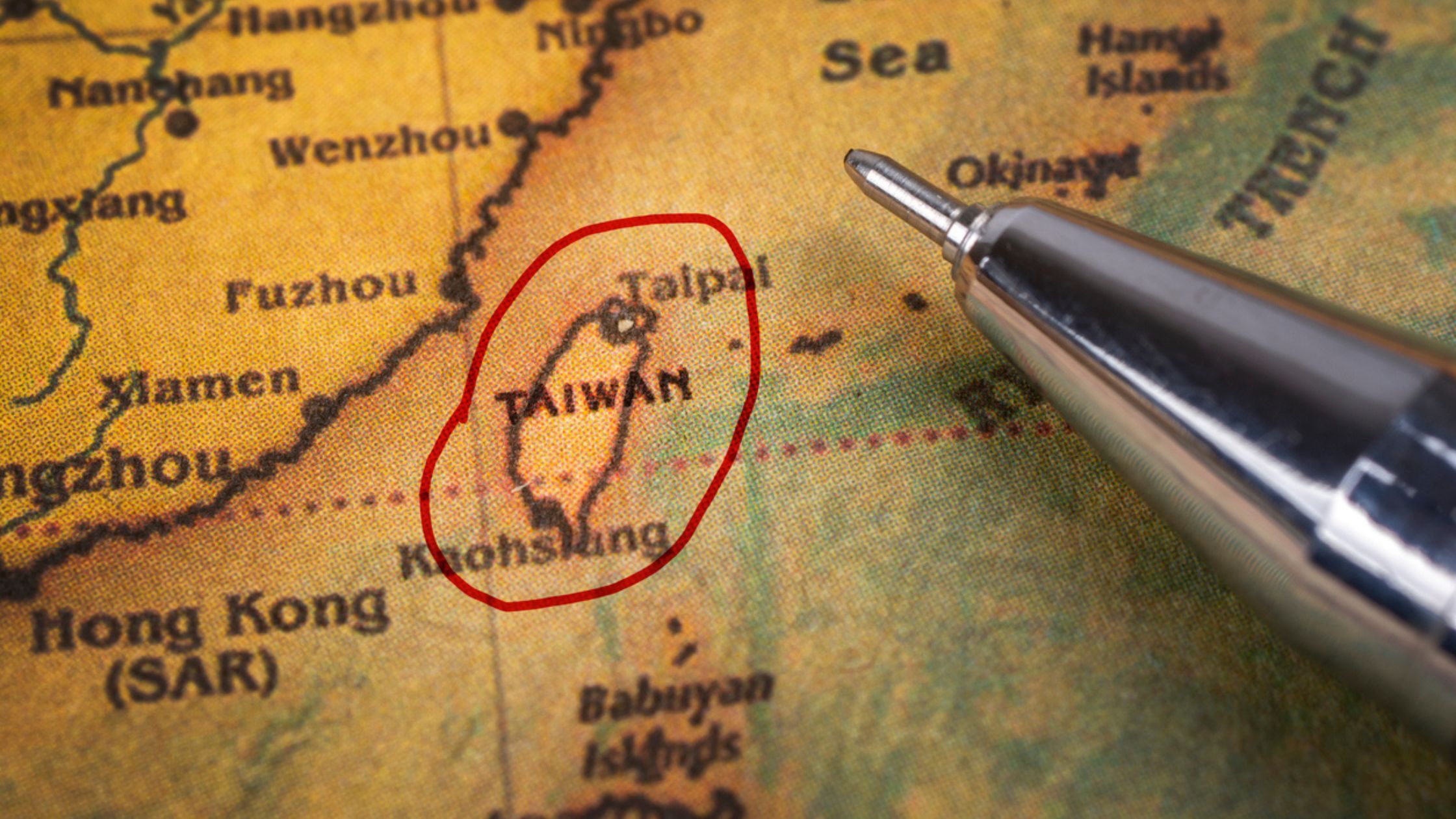December 28, 2022
Taiwan’s Judicial Yuan Announces Draft Amendment to the IP Case Adjudication Act Here are the highlights of what is likely to be the biggest overhaul of the IP Case Adjudication Act since it was implemented in 2008: The administrative remedy system for patent and trademark cases will change from the current administrative litigation system to the adversary system. If a party files an appeal with the court against a Decision rendered by the IP Office, the case will be tried in accordance with the civil procedure, and the defendant, depending on the nature of the case, may not be the IP Office, but instead may be the opposing party such as an invalidation petitioner, or the applicant of a cancellation action. Civil disputes relating to patents, software copyrights, and trade secrets will be mandatorily represented by lawyers. Unless the value of the plaintiff’s claim is low, that rule will be valid for other civil cases too. In principle, the court should discuss with the involved parties via their lawyers regarding the planning of a trial unless the case does not require legal representation. In patent litigation cases, the judge shall, in a timely and appropriate manner, disclose his or her interpretation of any disputed terms recited in the claims, ex-officio or upon the request of a party. Currently, reports drafted by court experts formally known as Technical Examination Officers (TEOs) are not disclosed to any parties. The Amendment now makes it clear that when a judge deems it necessary, he or she may disclose all or part of the content of the Reports drafted by TEOs and the parties... November 17, 2022
Revisions to the Examination Guidelines on Distinctiveness of Trademarks Took Place in September in Taiwan To enhance the examination principles for distinctiveness of various types of trademarks, the Taiwan Intellectual Property Office has promulgated revisions to the Examination Guidelines on Distinctiveness of Trademarks. TIPO has made the revisions to ensure that the basis on which distinction is determined for trademarks aligns with current market transactions. The main revisions are as follows: More details have been added to the different composition patterns of foreign alphabets. Reference examples for determining whether descriptions are designed and distinctive have been provided. Assessment criteria and examples for alphanumeric combinations and numbers have been added. Examples of popular graphics, purely informational graphics, and commercial design graphics have been added. Criteria for country names, geographical images, and geographical names used in descriptions of product origin as well as misleading use or misrepresentation have been added. Assessment criteria and reference examples for names and portraits of well-known public figures who are recently deceased have been provided. Revised criteria for slogans, common words, new terms and idioms have been added. Trademark graphics which include the full name of the company or domain names are considered strictly informational in order to prevent affecting the certainty of the scope of trademark rights and the function of correctly indicating the source of the product or service in the event that trademark rights are transferred or there is a change of name after registration. Taiwan’s Supreme Administrative Court Affirms Artificial Intelligence Inventions Not Patentable The Taiwan Intellectual Property Office and the Ministry of Economic Affairs has rejected several applications invented by AI. ... October 17, 2022
Taiwan IP Office Adjusts Guidelines for Parallel Filing Effective July 1st 2022, the Taiwan Intellectual Property Office has ordered some changes to the Patent Examination Guidelines. Concerning parallel filing, there were some questions as to how the IP Office should handle a pending invention patent application if, in the meantime, the granted utility model that covers the same subject matter is invalidated. First of all, it should be noted that filing an invention patent application and a utility model application on the same day, by the same applicant and for the same subject matter, is a commonplace and practical strategy for getting early protection of an invention. Utility models, giving protection of the shape and structure of an article, aren’t examined substantively, so they will be granted protection within just a few months. On the other hand, the examination of an invention application for the same subject matter will take longer. That could take up to one year or so, and if the invention patent application is allowed, the applicant can then opt for either the allowed invention application or the already granted utility model. If the former is chosen, the utility model rights will be extinguished. With the new guidelines, the procedure about how to deal with parallel filings when the granted utility model is invalidated has now been decided upon. Now, the validity of an invention patent application must remain consistent with the validity of the granted utility model. If the utility model invalidation is appealed, the examination of the invention patent application should be suspended during that process. The applicant does, however, have the right to... September 15, 2022
Taiwan Updates Distance Learning IP Rules In response to current technological developments, educational policies, and pandemic measures, the Legislative Yuan passed partial draft amendments to the Copyright Act in a third reading on May 27, 2022. The amendments target aspects of distance learning such as the rules for fair use of copyrighted works, allowing teachers to provide classroom instruction without unnecessary worry. In accordance with digital education policies, the amendments also allow textbook preparers to transmit digital copies to teachers and students to promote the use of e-schoolbags as a replacement for the heavy backpacks that previous generations had to endure. The main amendments are as follows: Within the necessary scope of classroom instruction, teachers may offer reference materials or information to students online. This is in response to the pandemic situation as well as international technological development trends. Not-for-profit remote education may use copyrighted works but must still pay for copyright authorization. For-profit distance learning activities must acquire paid authorization also. Textbook preparers may transmit digital copies of copyrighted works to teachers and students for e-schoolbags unlike previously when only paper copies of textbooks were allowed to be distributed. Remuneration must be paid for the authorized use of copyrighted works under the new regulations. The National Central Library (NCL) will be allowed to digitally reproduce its collection in advance as a precaution against damage or loss. The NCL and affiliated libraries will also allow readers access to the digital collection via computers within the libraries. Taiwan Amends Guidelines to Accept E-signed POAs The Taiwan Intellectual Property Office (TIPO) is planning to revise the Patent Examination Guidelines to allow... September 15, 2022
Taiwan Updates Distance Learning IP Rules In response to current technological developments, educational policies, and pandemic measures, the Legislative Yuan passed partial draft amendments to the Copyright Act in a third reading on May 27, 2022. The amendments target aspects of distance learning such as the rules for fair use of copyrighted works, allowing teachers to provide classroom instruction without unnecessary worry. In accordance with digital education policies, the amendments also allow textbook preparers to transmit digital copies to teachers and students to promote the use of e-schoolbags as a replacement for the heavy backpacks that previous generations had to endure. The main amendments are as follows: Within the necessary scope of classroom instruction, teachers may offer reference materials or information to students online. This is in response to the pandemic situation as well as international technological development trends. Not-for-profit remote education may use copyrighted works but must still pay for copyright authorization. For-profit distance learning activities must acquire paid authorization also. Textbook preparers may transmit digital copies of copyrighted works to teachers and students for e-schoolbags unlike previously when only paper copies of textbooks were allowed to be distributed. Remuneration must be paid for the authorized use of copyrighted works under the new regulations. The National Central Library (NCL) will be allowed to digitally reproduce its collection in advance as a precaution against damage or loss. The NCL and affiliated libraries will also allow readers access to the digital collection via computers within the libraries. Taiwan Amends Guidelines to Accept E-signed POAs The Taiwan Intellectual Property Office (TIPO) is planning to revise the Patent Examination Guidelines to allow... By Firm
Key Person Profile
Upcoming Events
Recent Past Events




 Deep & Far Attorneys-at-law
Deep & Far Attorneys-at-law Yu-Li Tsai
Yu-Li Tsai Lu-Fa Tsai
Lu-Fa Tsai C. F. Tsai
C. F. Tsai






